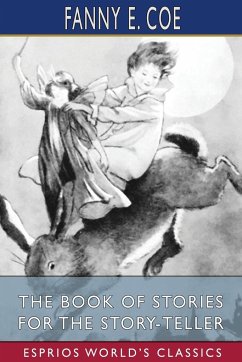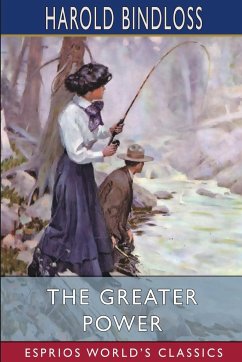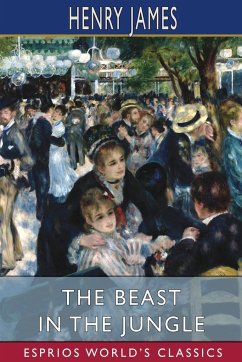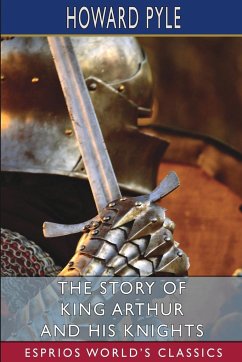Nicht lieferbar
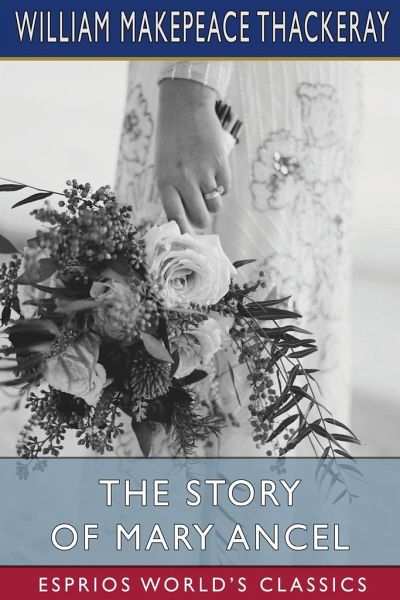
The Story of Mary Ancel (Esprios Classics)
Versandkostenfrei!
Nicht lieferbar
William Makepeace Thackeray (18 July 1811 - 24 December 1863) was an English novelist, author and illustrator, who was born in India. He is known for his satirical works, particularly his 1848 novel Vanity Fair, a panoramic portrait of British society, and the 1844 novel The Luck of Barry Lyndon. Thackeray began as a satirist and parodist, writing works that displayed a sneaking fondness for roguish upstarts such as Becky Sharp in Vanity Fair, and the title characters of The Luck of Barry Lyndon and Catherine. In his earliest works, written under such pseudonyms as Charles James Yellowplush, M...
William Makepeace Thackeray (18 July 1811 - 24 December 1863) was an English novelist, author and illustrator, who was born in India. He is known for his satirical works, particularly his 1848 novel Vanity Fair, a panoramic portrait of British society, and the 1844 novel The Luck of Barry Lyndon. Thackeray began as a satirist and parodist, writing works that displayed a sneaking fondness for roguish upstarts such as Becky Sharp in Vanity Fair, and the title characters of The Luck of Barry Lyndon and Catherine. In his earliest works, written under such pseudonyms as Charles James Yellowplush, Michael Angelo Titmarsh and George Savage Fitz-Boodle, he tended towards savagery in his attacks on high society, military prowess, the institution of marriage and hypocrisy.




